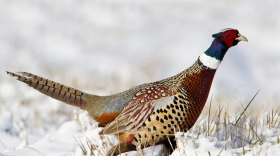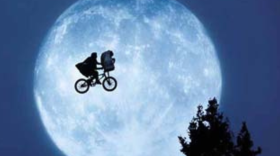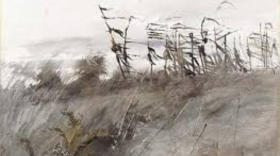
Coggin Heeringa
Outdoors with Coggin HeeringaCoggin Heeringa is the Program Director and Naturalist at Crossroads at Big Creek Learning Center/Nature Preserve in Sturgeon Bay, Wisconsin, where she served as Executive Director for twenty years.
Heeringa has ten years of classroom teaching experience and was an adjunct instructor for the University of Wisconsin-Green Bay. She also served as the naturalist at Newport State Park in Ellison Bay, Wisconsin.
She is a frequent contributor to print and broadcast media as well as a public speaker.
Heeringa has been the instructor of environmental studies at the Walter E. Hastings Nature Museum at Interlochen Arts Camp since 1971.
-
Ice skaters gliding with the right balance of speed and surface is a perfect metaphor for motion without resistance.
-
For climate scientists, these artworks from the Golden Age of Dutch Painting function as visual data sources of sustained climatic conditions rather than isolated events.
-
Howard Hanson’s First Symphony is known as the “Nordic” for it evokes the sounds and feeling of the cold and winds of Scandinavia.
-
The biblical account of Epiphany never mentions kings. It’s far more likely the Magi were astrologers. These scholars were forerunners of astronomers and mathematicians.
-
Coggin wonders: What if "five golden rings" refers to roasted ring-necked pheasants?
-
The morning star is striking... but it's not a star. It's the planet Venus.
-
What does a sudden freeze mean for our stately pines?
-
A look at Thanksgiving, Aaron Copland operas and the cosmic search for life.
-
Coggin wonders: Could a moonlit stroll through the Interlochen pines have inspired a famous melody?
-
November marks final winter preparations. Not endings, but quiet promises that life will continue in the spring.










